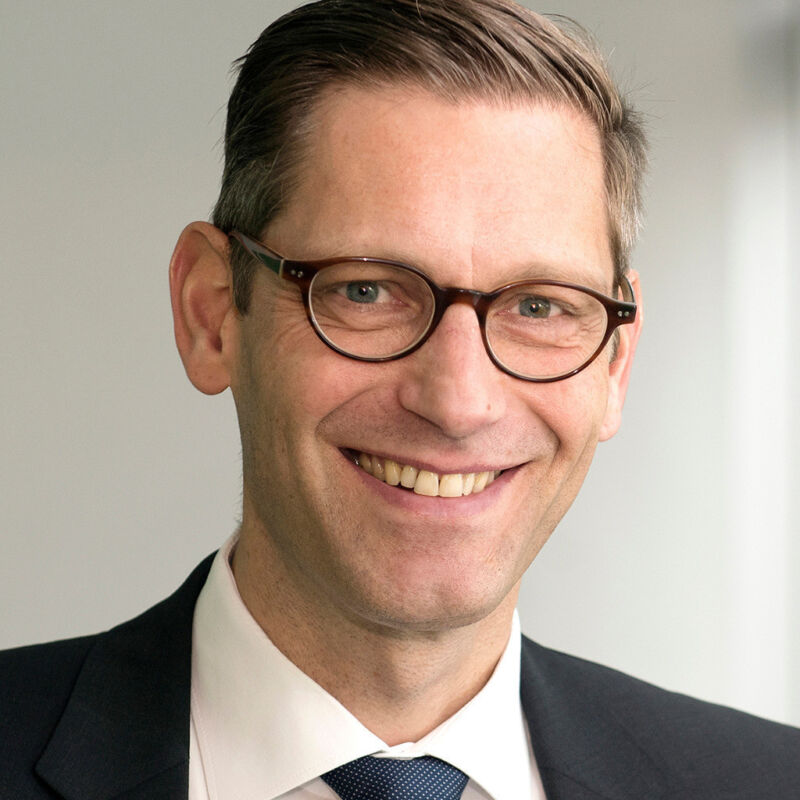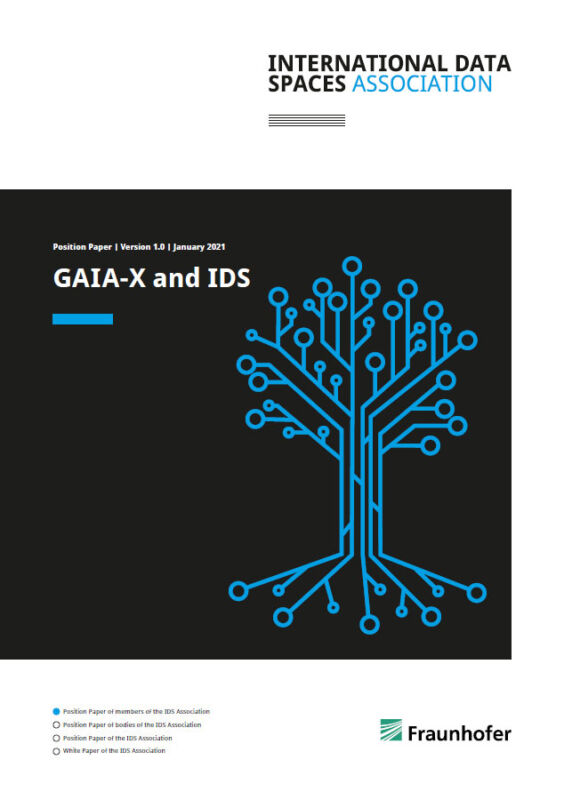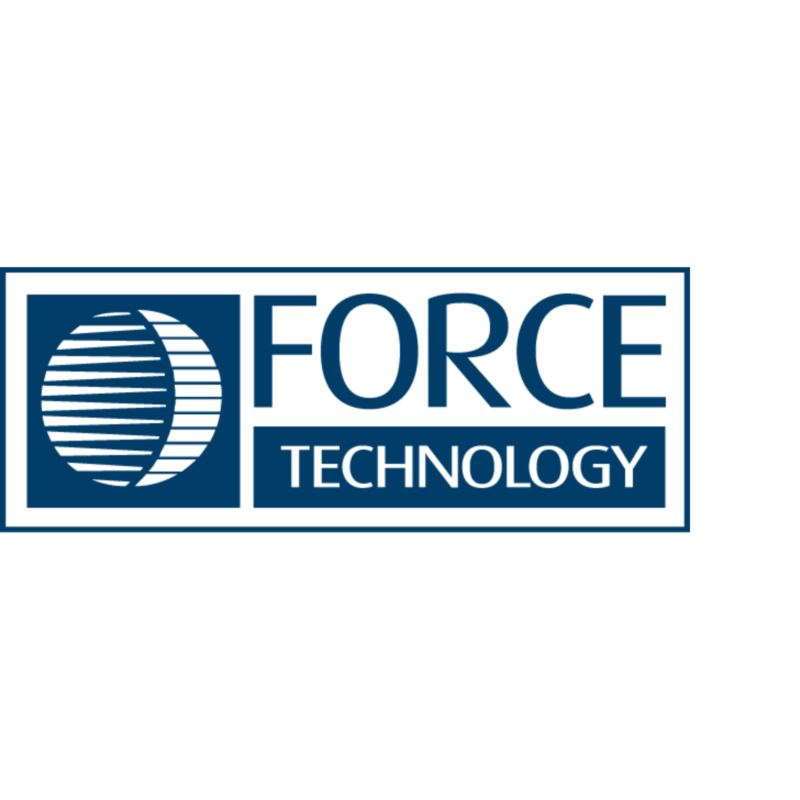This Interview with Prof. Dr.-Ing. Boris Otto, Director of the Fraunhofer ISST and Interim CTO of GAIA-X AISBL, was originally published by the Fraunhofer Institute for Software and Systems Engineering.
A lot of preparatory work has already been done for this ambitious project: For example, the “International Data Spaces”, which have already found their way into the economy under the Fraunhofer research flag, will make a substantial contribution to GAIA-X. They form the standard for “data in use”, i.e. for the way in which data is exchanged. As interim CTO of GAIA-X, Prof. Dr.-Ing. Boris Otto, Director of the Fraunhofer ISST, will continue to play a key role in shaping the technical design of GAIA-X.
What is GAIA-X?
Boris Otto: GAIA-X is the European answer to how collaboration between companies can work on the data level. In the distributed value chains that we see in the economy today and will see even more in the future, data must be exchanged between companies. However, this is a very sensitive issue for the economy. There must therefore be a framework for secure and fair data sharing where the data provider retains control over what happens to its data. GAIA-X creates this framework.
So is GAIA-X a kind of European cloud for exchanging data?
Boris Otto: GAIA-X is not a European cloud, but an organization that sets the European standard for clouds. At the moment, the market for cloud services is being dominated by African providers. With GAIA-X, we want to set a standard for cloud platforms that meets our European values – openness, transparency, in-teroperability and trust – and fits our business models.
Why does an infrastructure for sharing data have to exist at all?
Boris Otto: In an economic development characterized by distributed value networks, there is a business necessity for companies to share data. Modern products and services are created by the interaction of several players. In principle, things are no different here than at a good party: everyone has to bring something to make it a success.

What is the current status?
Boris Otto: At GAIA-X there is considerable enthusiasm, a very active community and we have now created the most important structures. The almost 180 organizations that are already part of GAIA-X, most of them come from 15 European countries. The interest is great! However, the process of certifying whether services are GAIA-X-compliant still needs some time. But we will see the first certified GAIA-X applications such as Mobility, Industry 4.0, Healthcare, Energy, Finance and Aerospace in the middle of next year.
Is GAIA-X profit-oriented?
Boris Otto: GAIA-X does not have its own profit-oriented business model. I think it would be completely wrong for us to influence business models that are developing in the market. GAIA-X virtually sets the road traffic regulations, but freight forwarders and bus companies are supposed to drive on the roads.
Why are corporations outside Europe among the founding members of the GAIA-X Foundation?
Boris Otto: We don’t want to shut ourselves off in Europe, but rather let everyone play along who adheres to the rules of the game in our country. In this respect, it is of secondary importance where a cloud provider has its headquarters. What is important is that they adhere to our standards. Everyone who wants to do business with us in Europe must comply with the Cloud Act defined in GAIA-X. But we also see a serious and constructive interest on the part of international providers in doing so.
Are companies already willing and able to share their data?
Boris Otto: Many companies first have to do a kind of housekeeping with their data, because they often don’t even know what data they have and how they can make it available internally and externally. Data management is not for IT nerds but must be approached as a corporate function in the same way as product development or human resources management. Only then can data-driven business models be implemented efficiently and successfully.
What contribution does Fraunhofer, and in particular its work on International Data Spaces, make to GAIA-X?
Boris Otto: The International Data Spaces, on which the International Data Spaces Association (ID-SA) and Fraunhofer have been working together for five years, regulate the handling of data when it is used (data-in-use), because the IDS architecture is used to exchange the conditions of use for data when data is exchanged between companies. This provides the terms and conditions for data economy. Until now, however, the question of data storage (data-in-rest) was still open in the case of data sovereignty. This changes with GAIA-X. Decentrally structured data rooms like GAIA-X are technically more complex than if there were a large pot for data storage in the middle. But they are necessary to create trust. We are very pleased to have been a member of the first hour and to be able to solve this important task together with GAIA-X’s many partners, in order to make the European economy fit for the future in the field of data economy.
Thank you, Mr. Otto.
In a live session on February 16, 2021, Boris Otto, Lars Nagel, CEO of IDSA and Sebastian Steinbuß, CTO of IDSA, will discuss the recently published position paper ‘GAIA-X and IDS’ and show how GAIA-X and IDS complement each other in building a distributed data infrastructure: https://register.gotowebinar.com/register/4227100353276695565
The position paper “GAIA-X and IDS” is available for free download.










